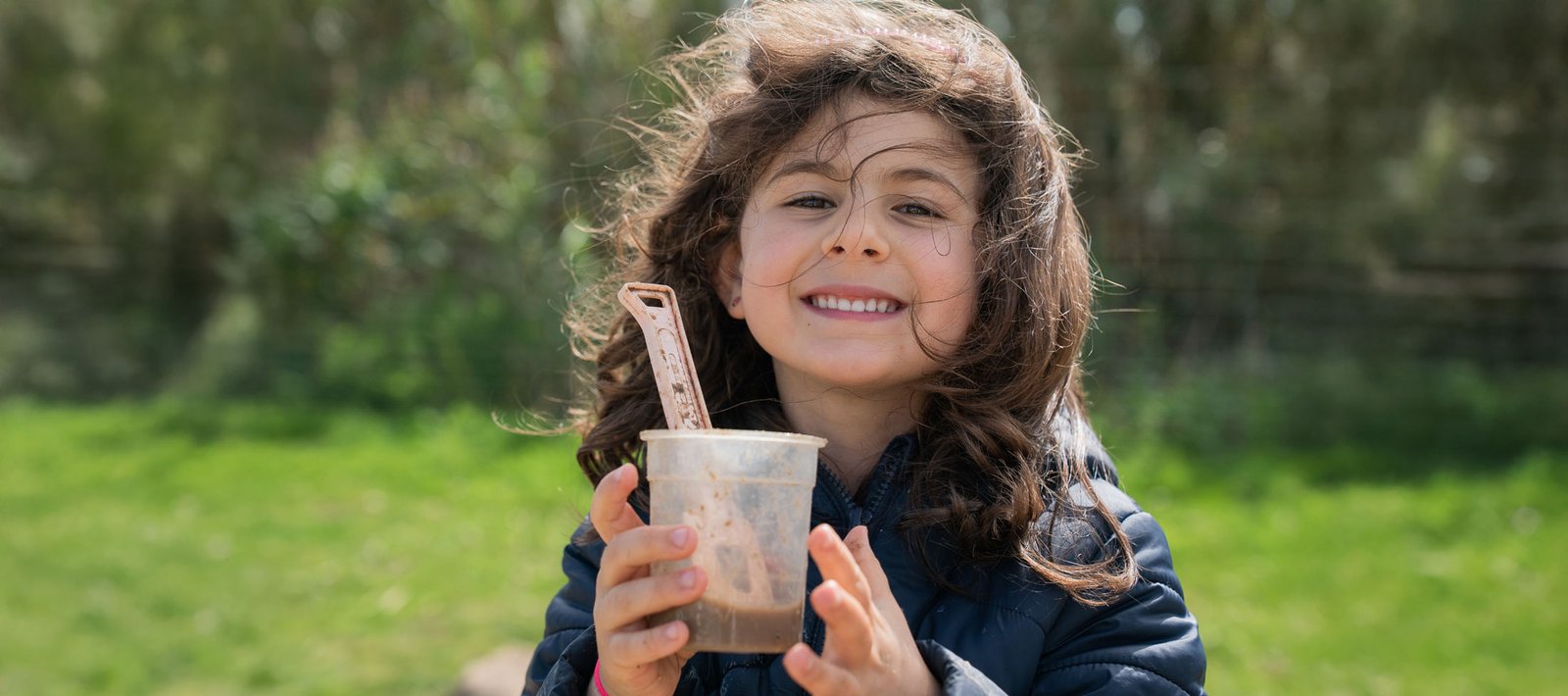
CURRICULUM
Why Are We Different?
Education for the 21st Century!
At our school, we go beyond traditional learning with a forward-thinking approach that prepares students for a dynamic and ever-evolving world.
We combine academic excellence with life skills, fostering emotional intelligence, critical thinking, and adaptability. We empower students to become resilient, confident, and resourceful leaders.
In a world of constant change, we prepare them to embrace opportunities, and overcome challenges.
World-class and research-based innovative education
Our school embraces a holistic approach to education, developing four key dimensions: knowledge, skills, character, and meta-learning. The 4D Model has been developed by Harvard researchers and used as a basis for OECD’s Education 2030 project and is globally adopted by various Ministrics of Education and jurisdictions. While many schools emphasise traditional knowledge, our approach is balanced, prioritising skills such as critical thinking, resilience, ethics, and personal growth equally.
Competency-based Curriculum
-
Modular and Adapted Knowledge: The curriculum eliminates unnecessary content, focusing on key concepts and modern knowledge like STEM, digital literacy, global awareness, and systems thinking.
-
Competency-based curriculum: competencies like critical thinking, communication, collaboration, resilience among others are imbedded in the core curriculum and reinforced during the dedicated “Be Hour,” fostering meaningful and consistent growth for every learner.
Active and Student-Centred Pedagogy
- Student Agency: We encourage autonomy, empowering students to take charge of their learning decisions and fostering responsibility for their progress.
-
Project-Based Learning (PBL): Students engage in interdisciplinary projects addressing real-world challenges, such as environmental issues or local social concerns.
-
Continuous and Intentional Feedback: Frequent, specific evaluations focus on skill development rather than solely academic outcomes, ensuring balanced growth.
Integration of Social and Emotional Skills
- Character and Values: We prioritise the formation of global citizens with a strong moral compass, promoting ethics, leadership, empathy, and resilience.
-
Growth Culture: Both students and teachers are encouraged to embrace a growth mindset, fostering adaptability and life-long learning.
Transformative School Environment
- Holistic Design: The school environment nurtures collaboration, communication, and creativity, treating students as whole beings – social, emotional, and cognitive.
-
Teachers as Role Models: Our educators embody flexibility, openness to innovation, and the core values and skills the school seeks to impart.
Education with a Global Purpose
- Sustainability and Global Responsibility: Preparing students to address global challenges, including climate change, social inequality, and technological transformation.
-
Interdisciplinarity: Encouraging practical applications of knowledge across various disciplines, enhancing relevance and impact.
Transformative Assessment
- Focus on Transferable Skills: Assessments at the both individual and school level measures transferable and relevant skills, moving beyond content retention.
-
Individualised Progress: We assess each student’s overall development, including social and emotional dimensions.
-
Data-driven Approach: We collect data on how students evolve over time at the begining and end of the academic year. Based on these results, we make data-driven decisions about targeted interventions at the student and school level.
Strategic Use of Technology
We leverage technology to maximise classroom time for human interaction and skills that technology cannot replicate, such as empathy, leadership, and critical thinking.
Personalisation: Technology, including AI, adapts teaching to each student’s specific needs, allowing individualised progression.
Bilingual Education
-
Two teachers in every classroomA Portuguese-speaking and an English-speaking educator work together, modelling language, supporting comprehension, and ensuring every child feels safe, understood, and included.
-
Inquiry as the vehicle for languageStudents learn languages by exploring questions, engaging in projects, solving problems, and communicating with purpose.
-
4D-aligned language developmentEach language grows across the four dimensions:Knowledge (vocabulary, structures)Skills (communication, reasoning)Character (confidence, courage, empathy)Meta-learning (awareness of how they learn languages)
-
Natural immersionChildren hear and use both languages authentically throughout the day—during routines, projects, play, discussions, and reflection moments.
-
Portuguese National Curriculum integrated meaningfullyStudents develop strong foundations in their local language and culture while cultivating the global competency provided by English.
Children become confident bilinguals who can think, create, express, collaborate, and lead in two languages, gaining cognitive flexibility, cultural awareness, and communication skills that support their whole learning journey.
Innovation and Flexibility
- Unique School Model: We design innovative, adaptable models tailored to future needs rather than adhering to traditional frameworks.
-
Culture of Lifelong Learning: Both students and teachers are encouraged to embrace change, learn from mistakes, and prioritise constant growth.